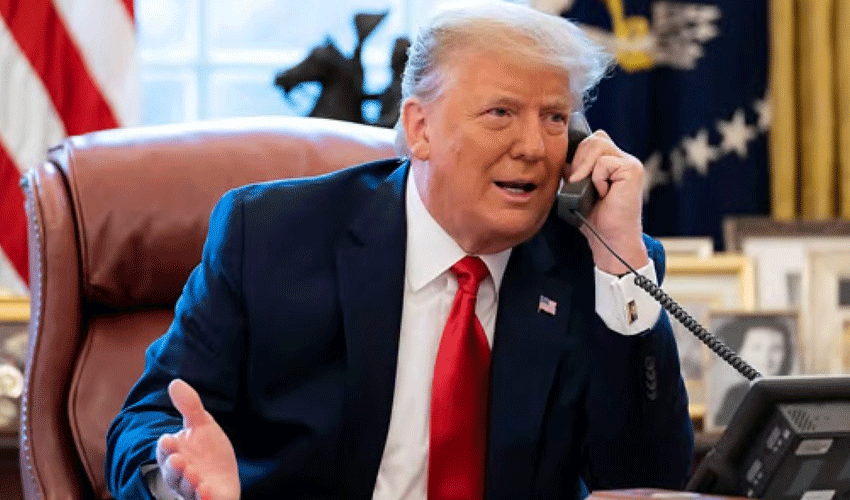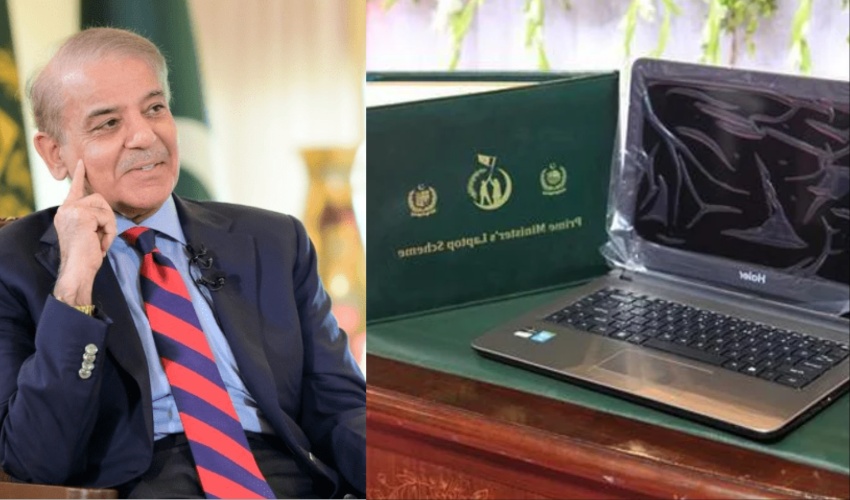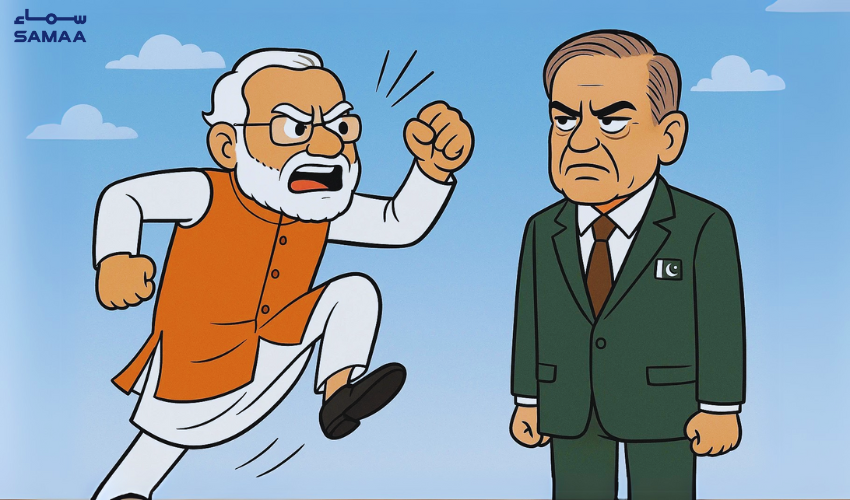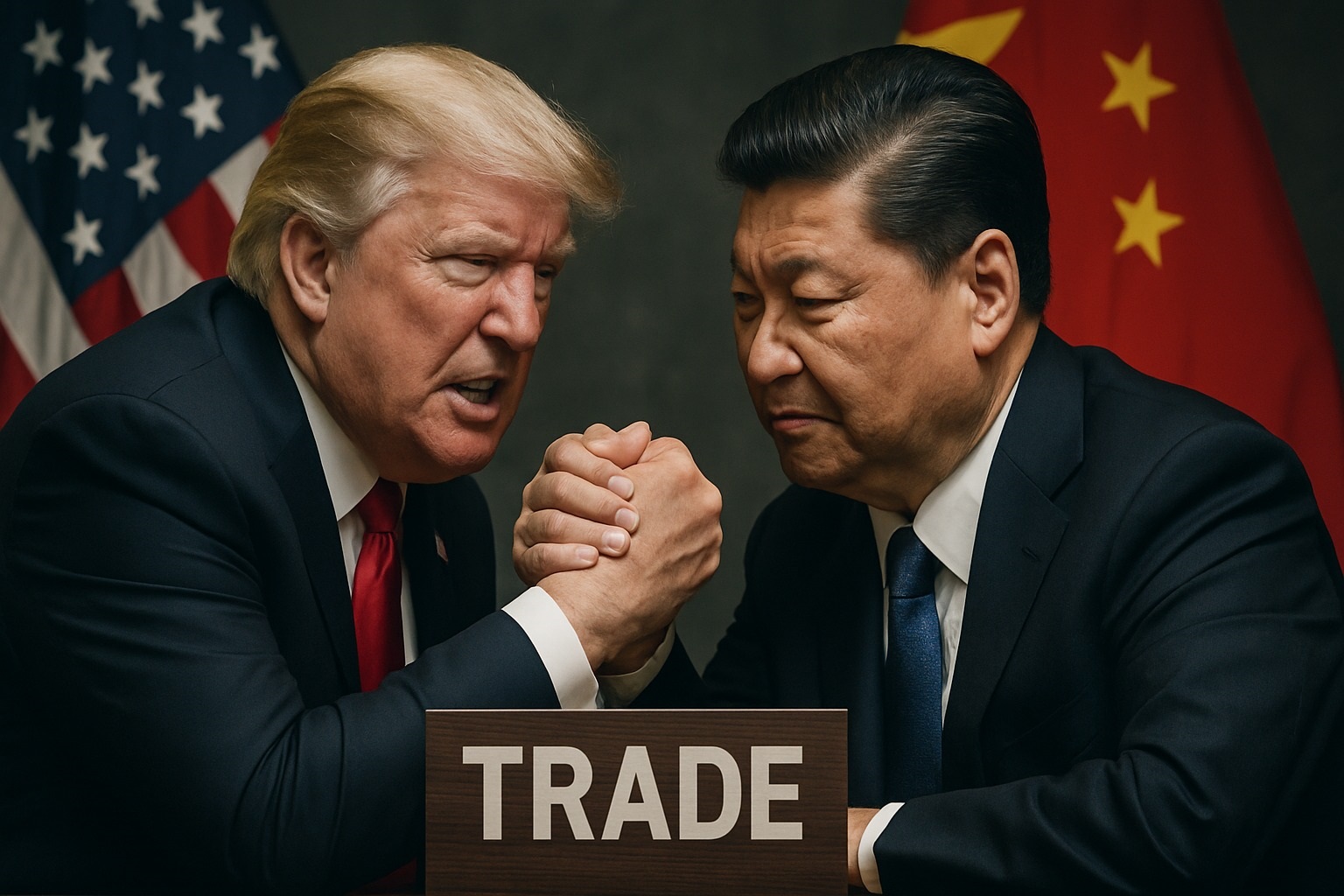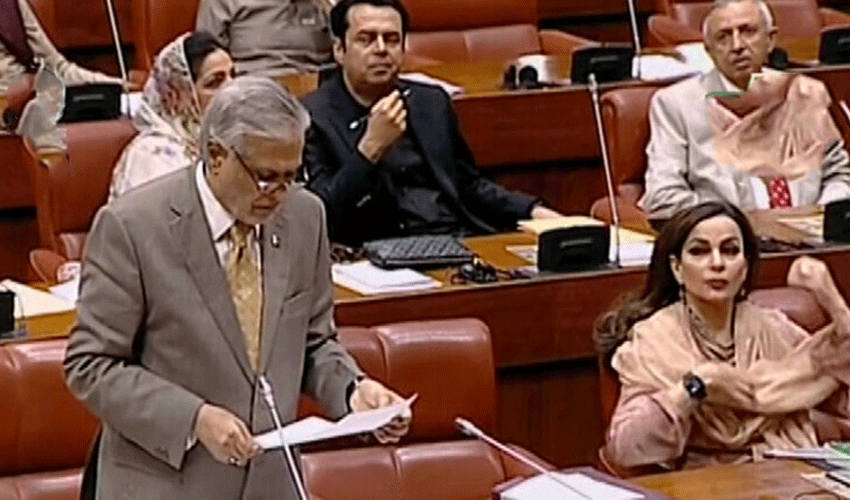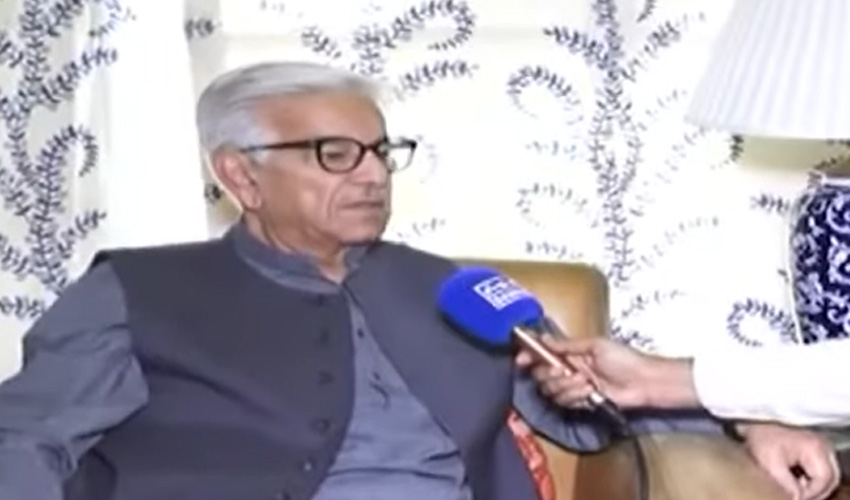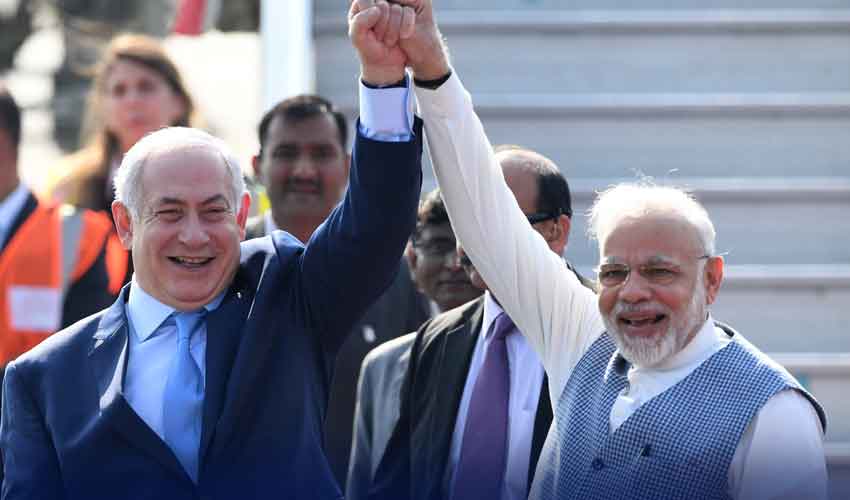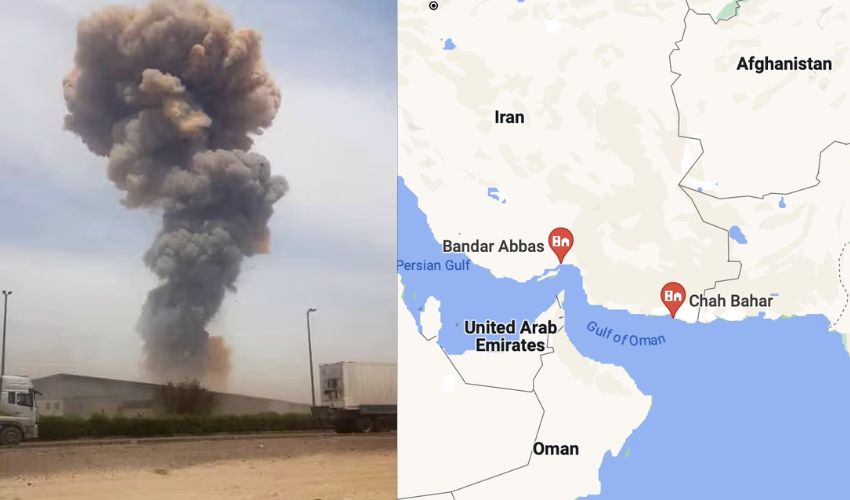As the globe continues to deal with an increasing amount of global crises, from the prolonged Russia-Ukraine conflict to the increasing nuclear threat by Iran, there has been one figure who returned to the stage claiming a self-ordained task: restore peace through strong diplomacy.
US President Donald J. Trump once again is stepping back into the position of being the "only peace card" at the global table.
While his approach has always been contentious, Trump's foreign policy legacy is now being reassessed — not only by his base but even by a few of his most vocal critics — as pragmatic, pressure-based diplomacy that worked.
His recent interventions, especially on the Ukraine-Russia conflict and nuclear negotiations with Iran, are generating headlines and provoking tough questions: Might Trump really be the solution to ending some of the world's most perilous showdowns?
While the Biden administration has been resolute in its military support for Ukraine, Donald Trump has adopted a decidedly different tone. Trump speaks of negotiation rather than escalation in his speeches and interviews.
If I were president, this war would have never begun," he asserted at a March 2024 rally, asserting his diplomatic relationship with Vladimir Putin and Volodymyr Zelensky could result in "peace in 24 hours."
While such vows are greeted with cynicism, Trump's advisors have been said to have had backchannel talks with Russian and Ukrainian leaders.
Aides to Trump have been pushing for more aggressive tone with Russia while also pushing to rethink unlimited arms deliveries to Ukraine and instead propose a path to strategic ceasefire accords, according to The Wall Street Journal.
Earlier this month, Reuters and The Times reports confirmed that Trump had spoken to Putin on the telephone, calling on him to cease strikes against Ukrainian civilian infrastructure. Moscow replied by agreeing to suspend airstrikes against key Ukrainian energy grids — a move confirmed by the Kremlin's press secretary as a "temporary confidence-building step.
Though critics say the gesture is symbolic, Ukrainian officials did see a significant decrease in shelling on April 10 and 11. The short respite led to renewed humanitarian corridors in Kharkiv and Dnipro, enabling thousands of citizens to flee. It's not a complete ceasefire, but it's concrete evidence that Trump's back-channel diplomacy is paying off.
Iran and nuclear question
More important, perhaps, are Trump's behind-the-scenes moves in the Middle East. Even though he withdrew the U.S. from the Iran Nuclear Deal (JCPOA) in 2018, Trump is now seemingly willing to renegotiate with Tehran — on hardline new terms.
In early April, The Guardian and Times of Israel reported that Trump had written a detailed letter to Iran's Supreme Leader Ayatollah Ali Khamenei through Oman's diplomatic channels offering a new deal: Iran has to give up uranium enrichment beyond 3.67%, commit to full IAEA inspections, and cease proxy activities in Lebanon, Iraq, and Yemen. Trump offered partial sanctions relief and a path toward normalized trade by 2026 in exchange.
Negotiations in Muscat resumed, with Trump supporter and ex-Treasury adviser Steve Witkoff joining private talks with Omani and Qatari mediators. Although Iran is still unwilling to move its stockpile of uranium — the central U.S. requirement — negotiators on both sides said channels remain "active and serious."
Trump talks the language of pressure," said Mehdi Soltani, a former Iranian diplomat, in an interview with Al Jazeera. "But he also talks the language of deals. The Iranians value that a great deal more than loose talk about values or democracy."
This balancing act — hardline where needed, transactional when the time is right — has rekindled enthusiasm for a possible breakthrough, something that eluded the Biden administration despite three years of effort.
Foreign policy by hammer or by attention?
To grasp Trump's philosophy of peace, it's necessary to remember some of his most unconventional — and successful — diplomatic initiatives in his first term.
He was the first incumbent U.S. President to enter North Korea. He facilitated the groundbreaking Abraham Accords, which normalized relations between Israel and a number of Arab countries, including the UAE and Bahrain. While accused of getting close to autocrats, Trump's approach yielded headlines that decades of conventional diplomacy were unable to achieve.
"Trump operates a form of 'transactional peace'," said Middle East analyst and founder of The Foreign Desk Lisa Daftari. "He's not seeking to change hearts and minds; he's seeking to change incentives. And in global politics, that tends to work better.
Today, with war clouds gathering over the Middle East and Eastern Europe, numerous Americans — and allies elsewhere — are questioning whether Trump's peace-through-pressure brand may work better than entrenched long-term persistence.
What public opinion?
Recent surveys by Pew Research Center and Morning Consult indicate that 48% of Americans think Trump would be a better handler of foreign policy than Biden, particularly when it comes to Russia and China. The figure is as high as 53% among independent voters.
Interestingly, in battleground states such as Arizona and Pennsylvania, Trump's image of strength on international issues is winning him support from swing voters over Biden. His words are tough, but his outcomes are becoming more seen as pragmatic given the volatility of the world.
Criticism and caveats
To be certain, Trump's detractors are not quiet. His personal diplomacy disrespects official channels and empowers strongmen, many contend. Others warn that his transactional approach will bring short-term benefits but do not solve long-term problems.
But in an imperfect world, Trump's "results-oriented realism" seems to be catching on.
The world is in motion. Wars that were once regional are now global threats. Diplomacy has been slow, multilayered, and responsive. Into this vacuum comes Donald Trump, with a style that grates upon many but is unquestionably effective.
He is not everybody's perfect diplomat. But when perpetual war seems unavoidable, Trump's willingness to negotiate with enemies, make unconventional deals, and bypass bureaucracy might just make him, ironically, the sole peace card remaining.
Whether he ever returns to the White House or not, his mark on American foreign policy — and on how the world perceives what peace-making looks like — is irreversible.





